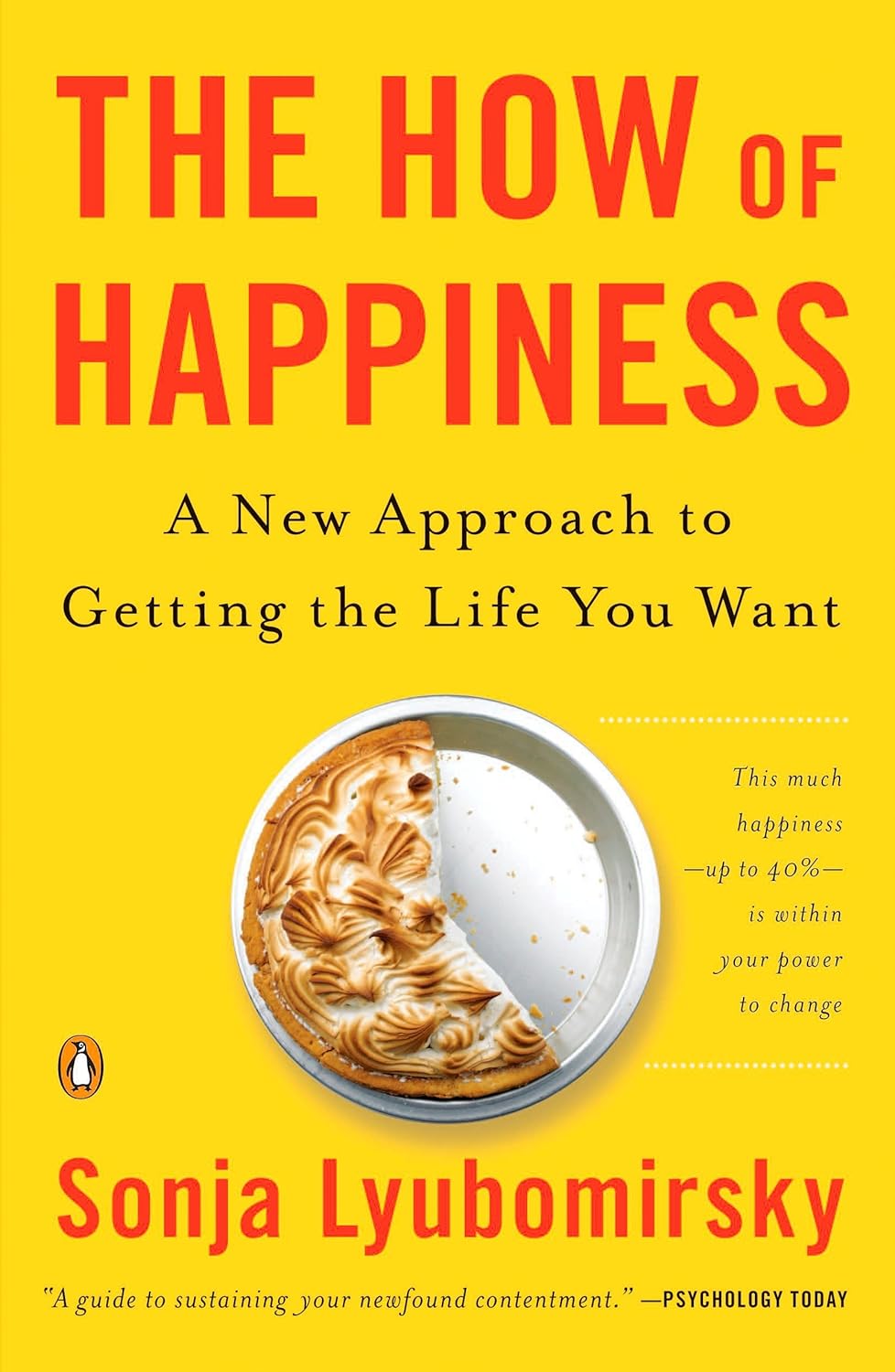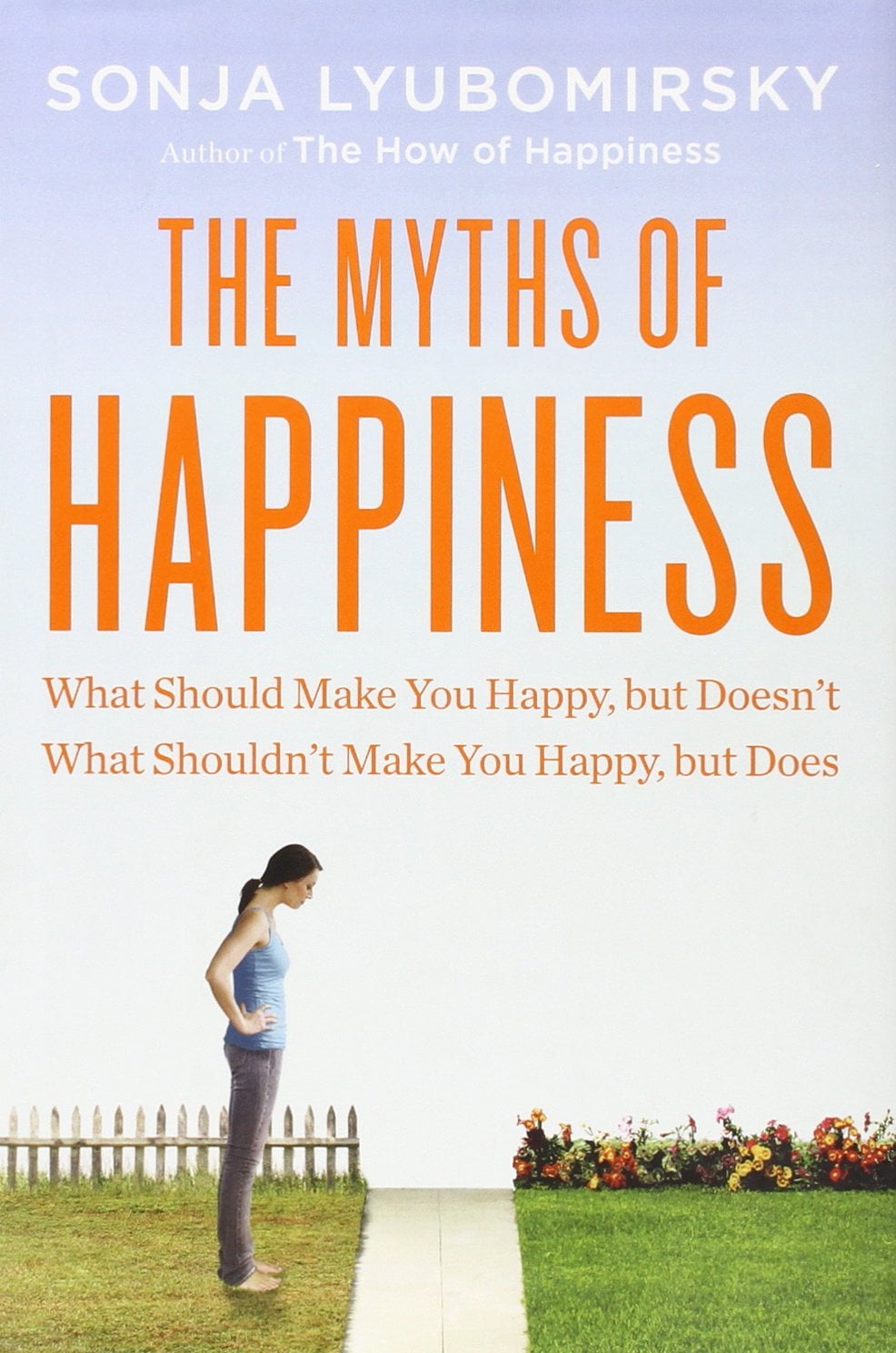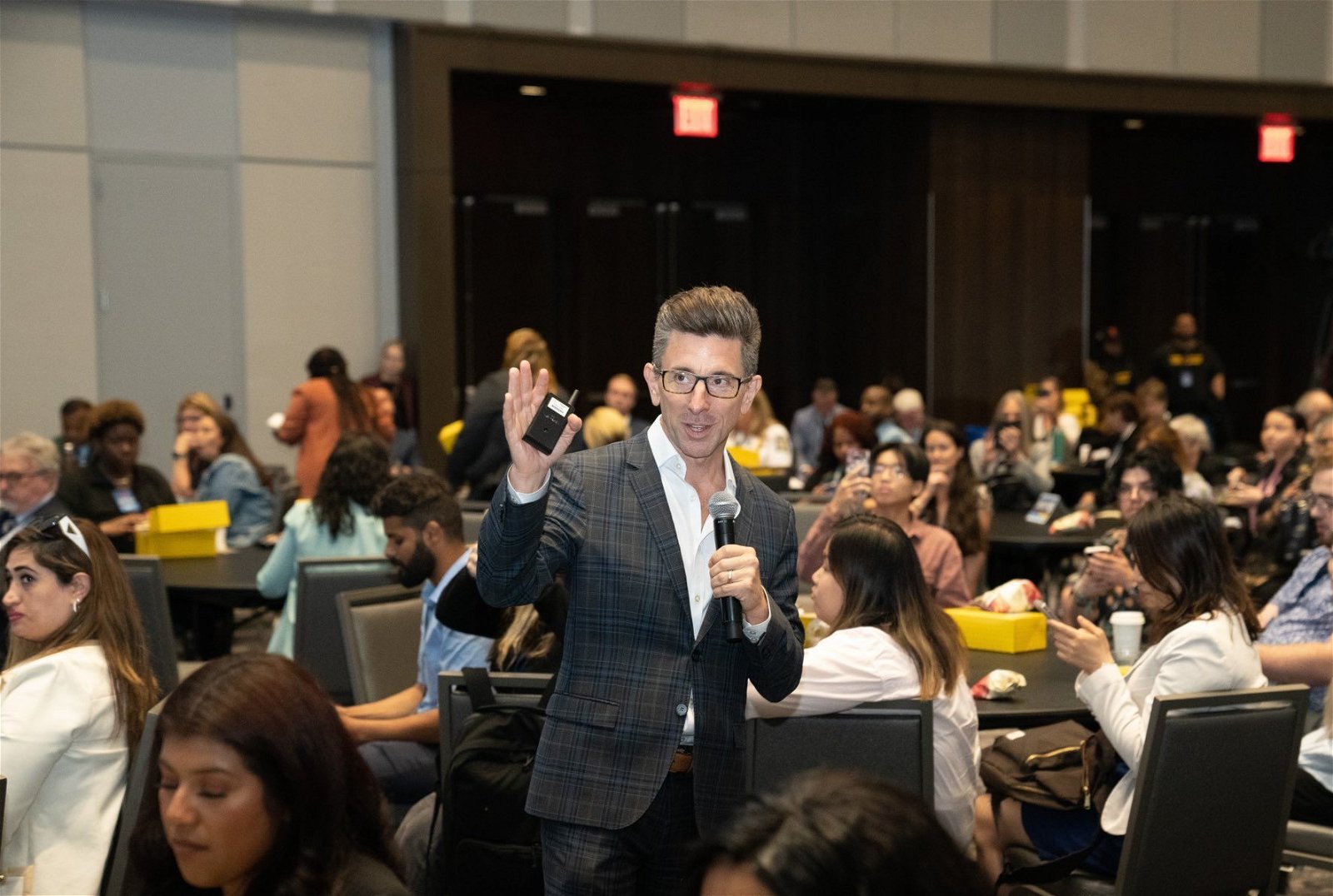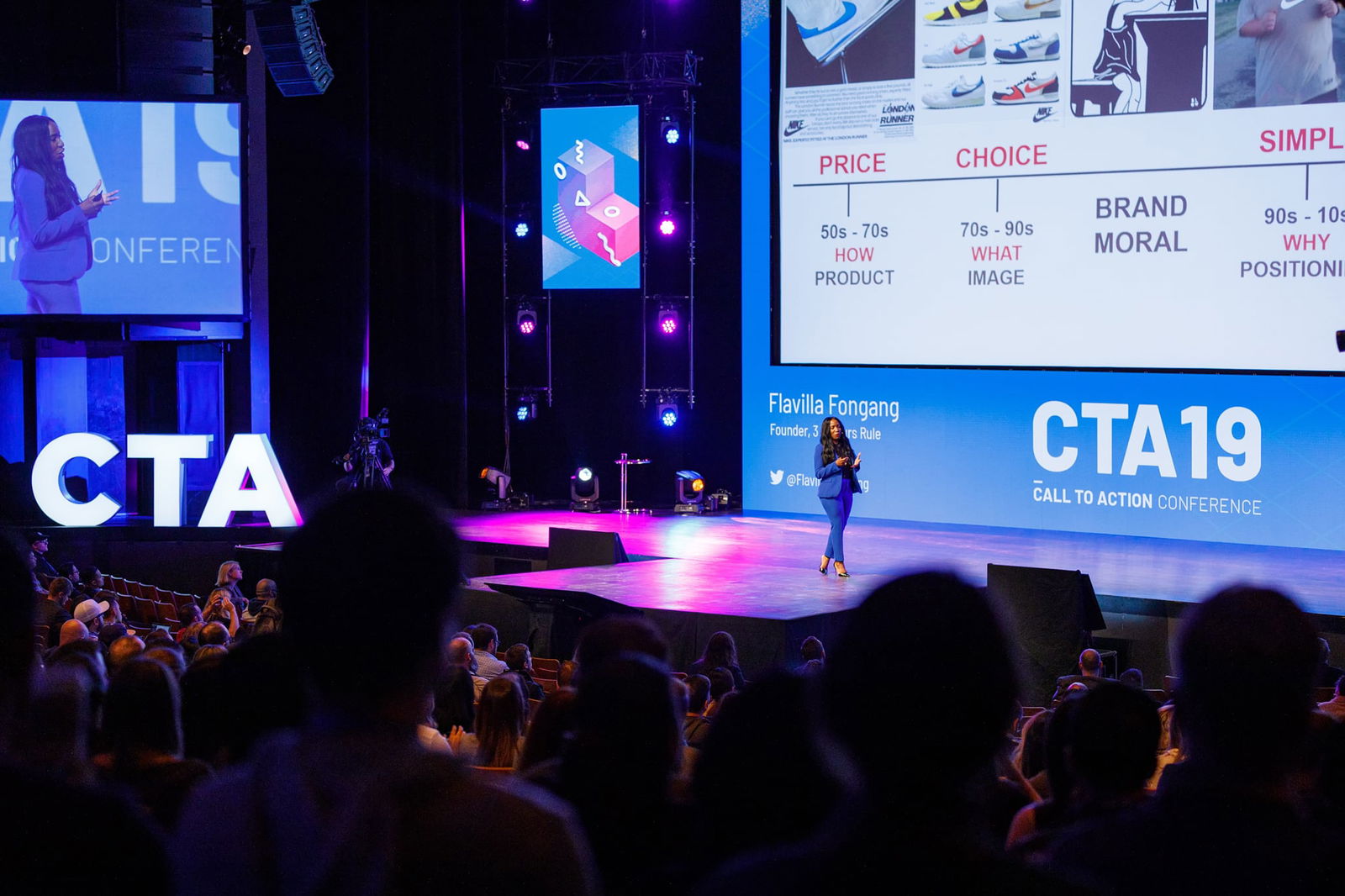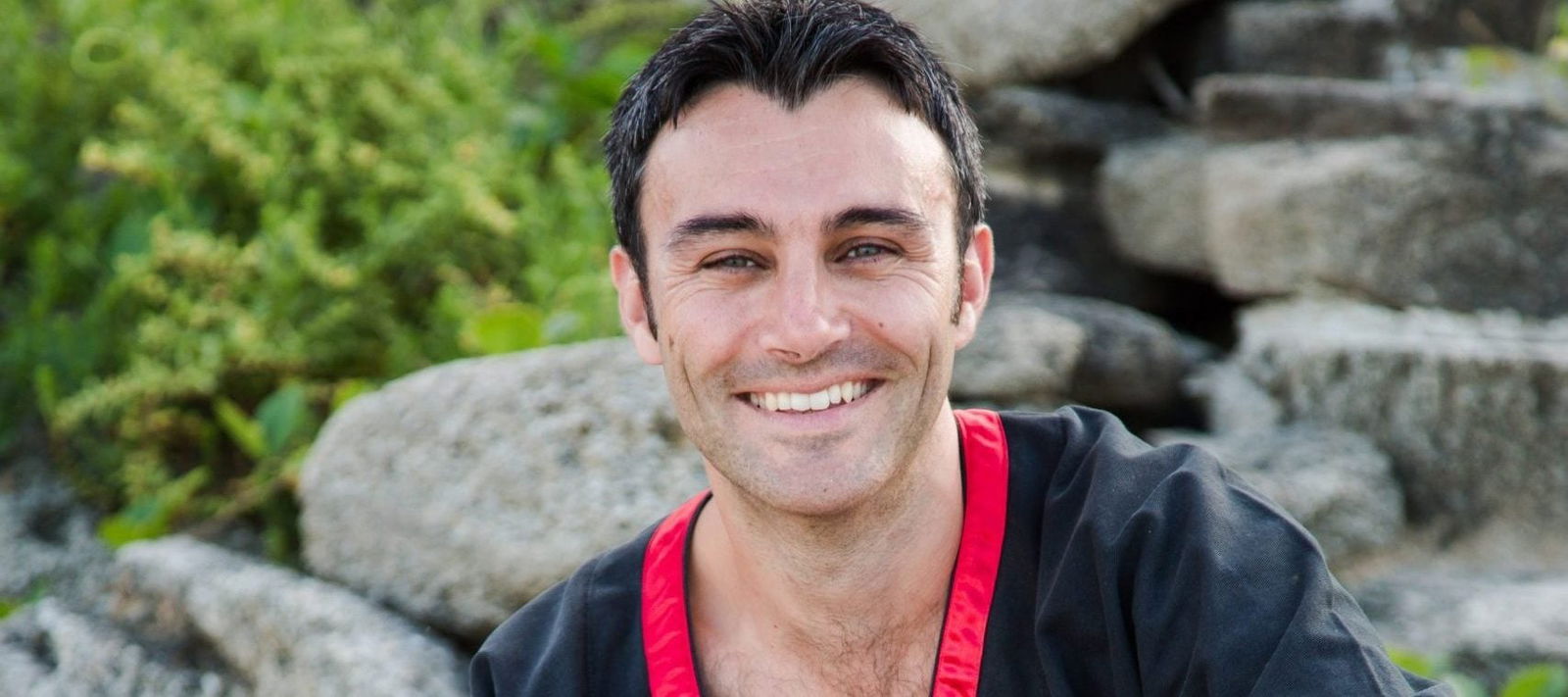Sonja Lyubomirsky Keynote Speaker
- Distinguished Professor, University of California, Riverside
- Author, The How of Happiness and The Myths of Happiness
- Award-winning researcher and expert on the science of happiness
Sonja Lyubomirsky's Biography
Sonja Lyubomirsky (A.B., summa cum laude, Harvard; PhD, social psychology, Stanford) is Distinguished Professor of Psychology at the University of California, Riverside and author of The How of Happiness and The Myths of Happiness, translated in 39 countries.
Lyubomirsky’s teaching has been recognized with the Faculty of the Year (twice) and Faculty Mentor of the Year Awards. Her research – on the possibility of lastingly increasing happiness via gratitude, kindness, and connection interventions —has received many honors, including an Honorary Doctorate from the University of Basel (awarded Fall 2021), the Diener Award for Outstanding Midcareer Contributions in Personality Psychology, the Christopher J. Peterson Gold Medal, the Distinguished Research Lecturer Award, and a Positive Psychology Prize. Lyubomirsky lectures all over the world but makes her home in Santa Monica, California, with her family.
Sonja Lyubomirsky's Speaking Topics
-
The How of Happiness: A Scientific Approach to Getting the Life You Want
Happiness not only feels good; it is good. Happy employees are more productive, creative, and resilient; they have more friends and more stable marriages; and they show superior physical health and less turnover. Furthermore, it appears that feeling socially connected is the key to happiness. Fortunately, experiments have shown that people can intentionally increase their happiness and connectedness. In this presentation, Sonja Lyubomirsky will describe both classic and brand new research revealing when and why such practices as expressing gratitude, doing acts of kindness, and engaging in more social interactions work “best” and how small and simple activities can transform us into happier and more flourishing individuals.
-
The Myths of Happiness: When, How, and Why Might Positive Activities Boost vs. Undermine Well-Being
Most people around the world report wanting to be happy. One reason is that happiness not only feels good; it is good. Relative to their less happy peers, happy people are more creative, productive, and helpful; have more stable marriages and higher incomes:, and boast stronger immune systems. In this session, Sonja Lyubomirsky will first discuss how happiness is measured and defined. She will then describe decades of research illuminating the benefits of happiness for careers, relationships, and health. Finally, she will demystify several myths about what life changes (e.g., getting married, having kids, losing a spouse) will make us truly miserable or truly happy. Growing research has illuminated when practices such as gratitude, optimism, and kindness are successful at increasing happiness. In this session, Sonja Lyubomirsky will discuss when and how the same practices might backfire and actually undermine (as opposed to increase) happiness. For example, in what situations might expressing gratitude lead people to feel guilty, inferior, or uncomfortable, and in what situations might doing kind acts lead people to feel incompetent, resentful, or taken advantage of? Finally, she will discuss how pursuing happiness can have benefits—beyond happiness—in other domains of our lives—for example, for our motivation levels, health, and popularity.
-
Toward a New Science of Psychedelic Social Psychology: The Effects of MDMA (Ecstasy) on Social Connection
In this talk, I aim to propose a new field called psychedelic social psychology. I argue that psychological scientists have much to learn from psychedelic science, and that psychopharmacological methods can be a useful approach to illuminate processes like connectedness, prejudice, self, as well as inform interventions to directly improve people’s lives. I use (±)-3,4-methylenedioxymethamphetamine (MDMA) as an example because of its documented ability in experiments and clinical trials to promote bonding, love, and warmth. Social connection is a fundamental human need, yet researchers still possess few tools to effectively and durably boost it. MDMA allows investigators to isolate the psychological mechanisms—as well as brain pathways—underlying the experience of social connection and thus reveal what should be targeted in future (nondrug) studies. I will show a conceptual model that presents the proximal psychological mechanisms stimulated by MDMA, as well as its potential long-term impacts on relationships. I will also give a sneak preview of some hot-off-the-presses data from a recent experiment in which participants had conversations while under the influence of MDMA (or meth) or a control substance.
Videos of Sonja Lyubomirsky
Articles, Media & Podcasts
Books by Sonja Lyubomirsky
